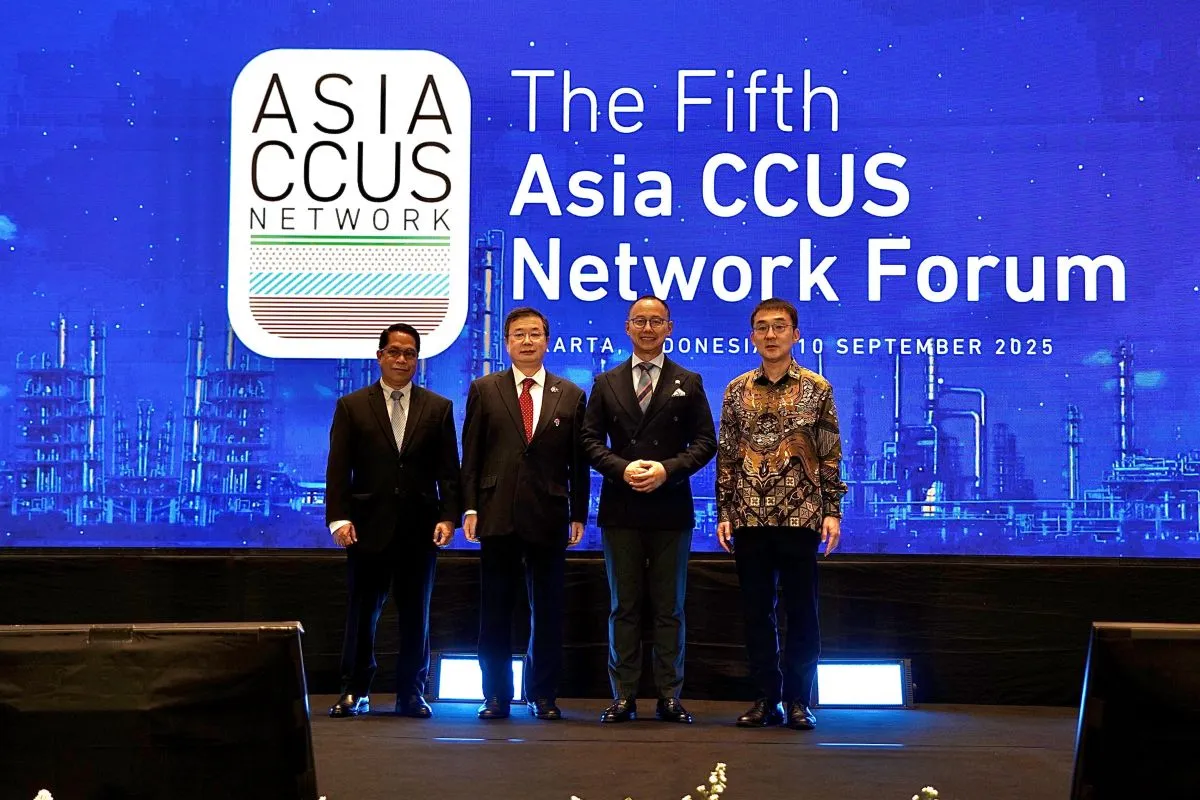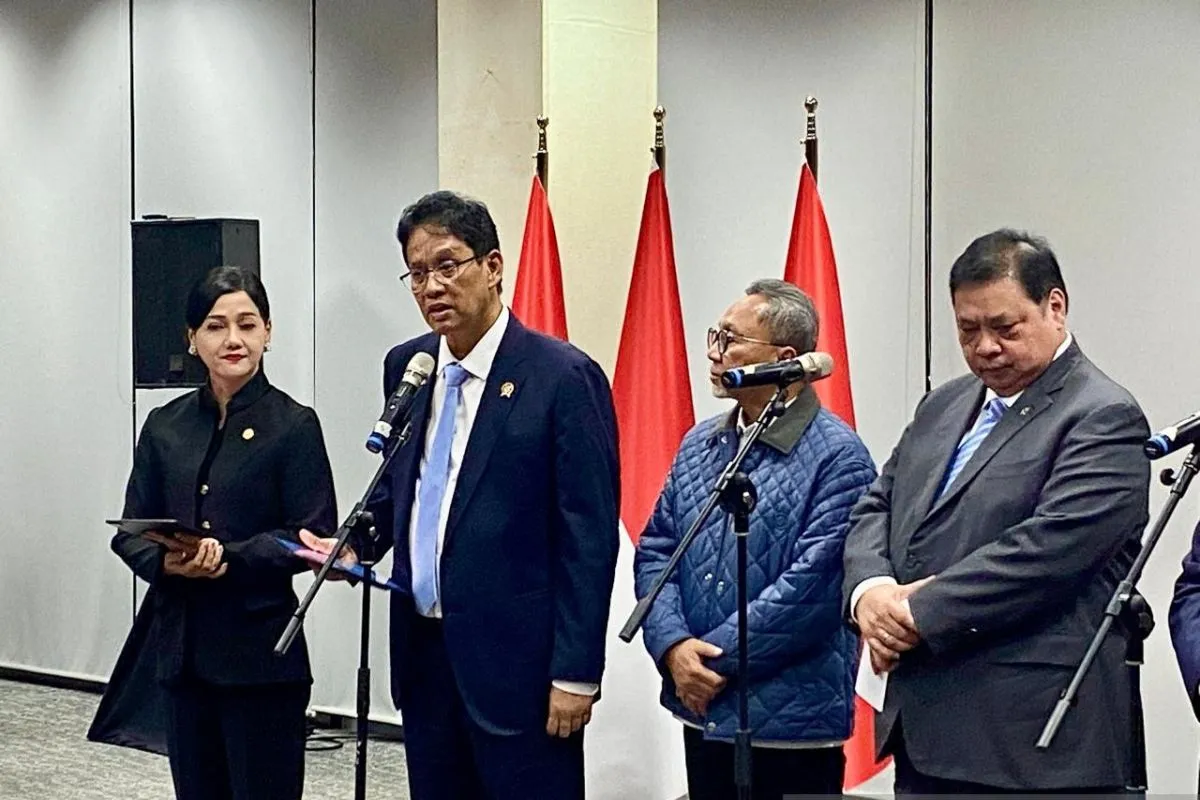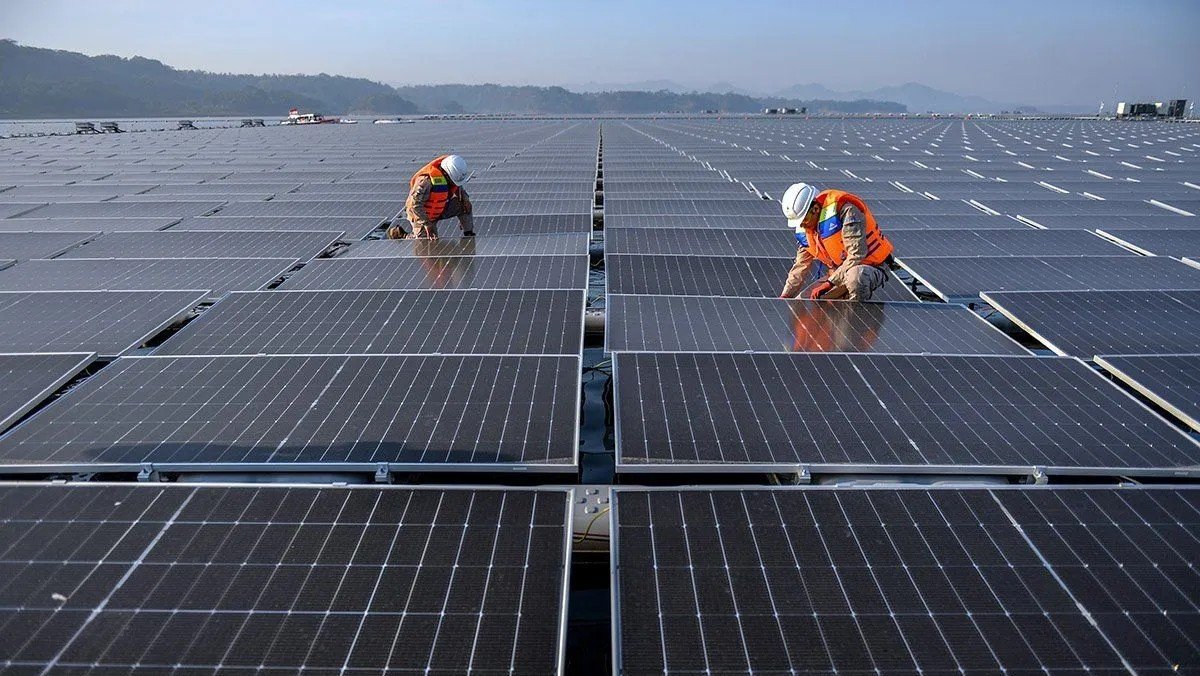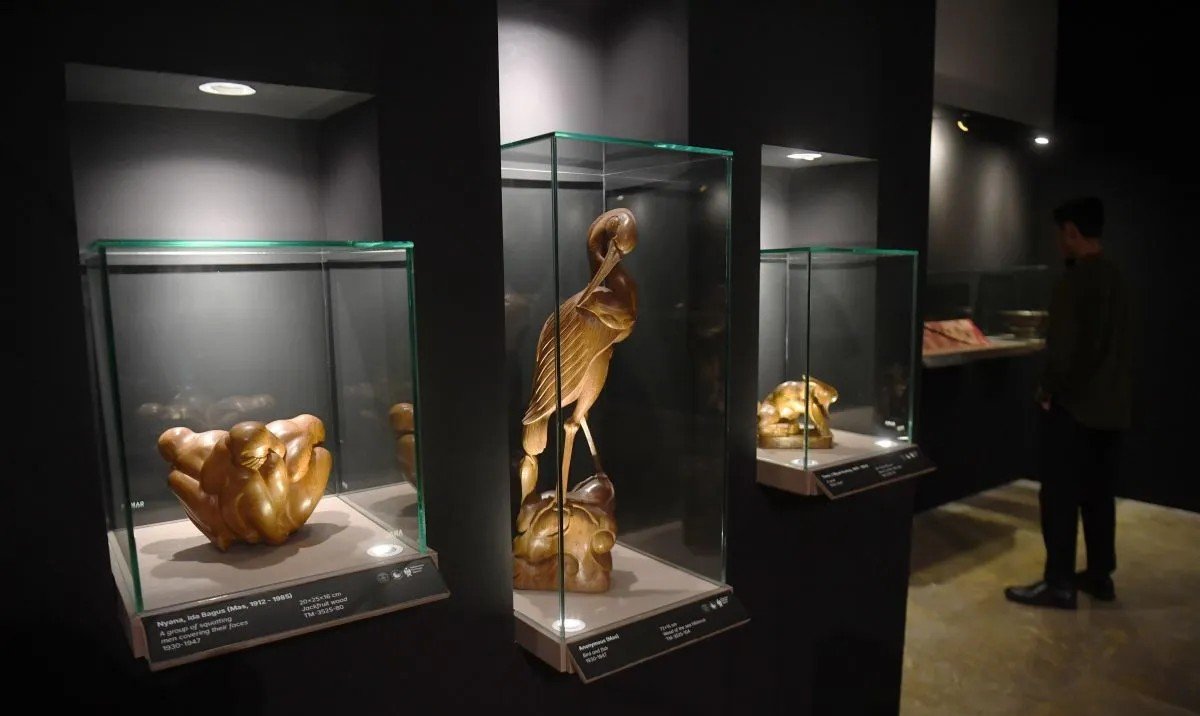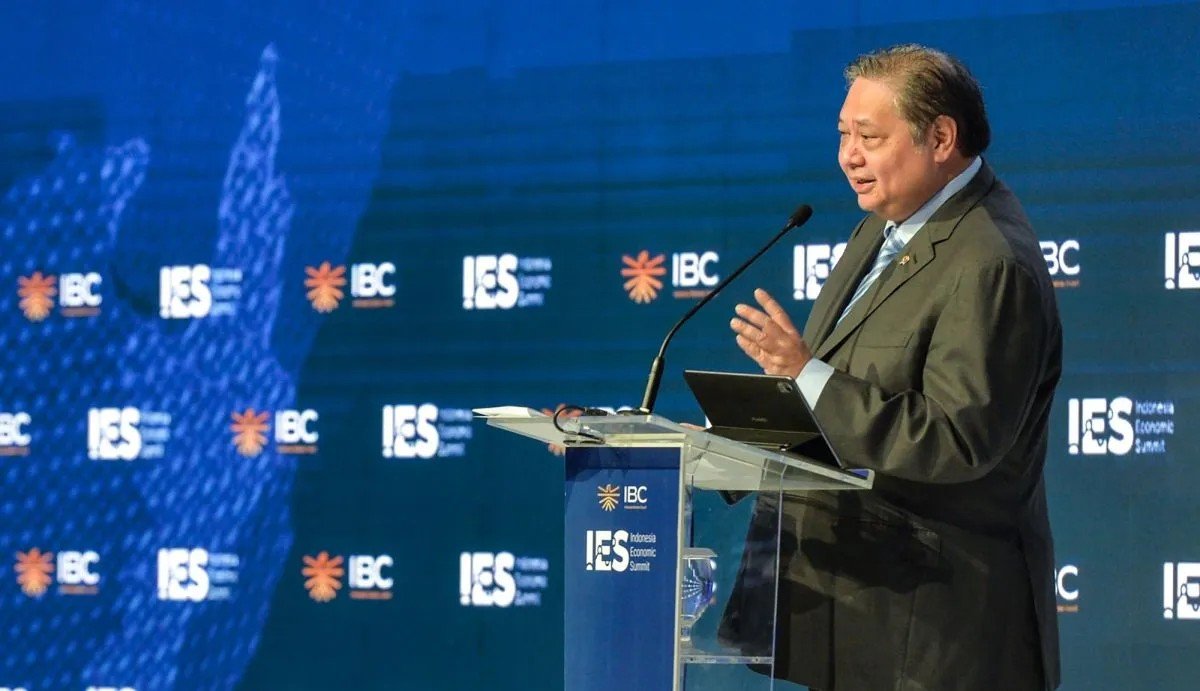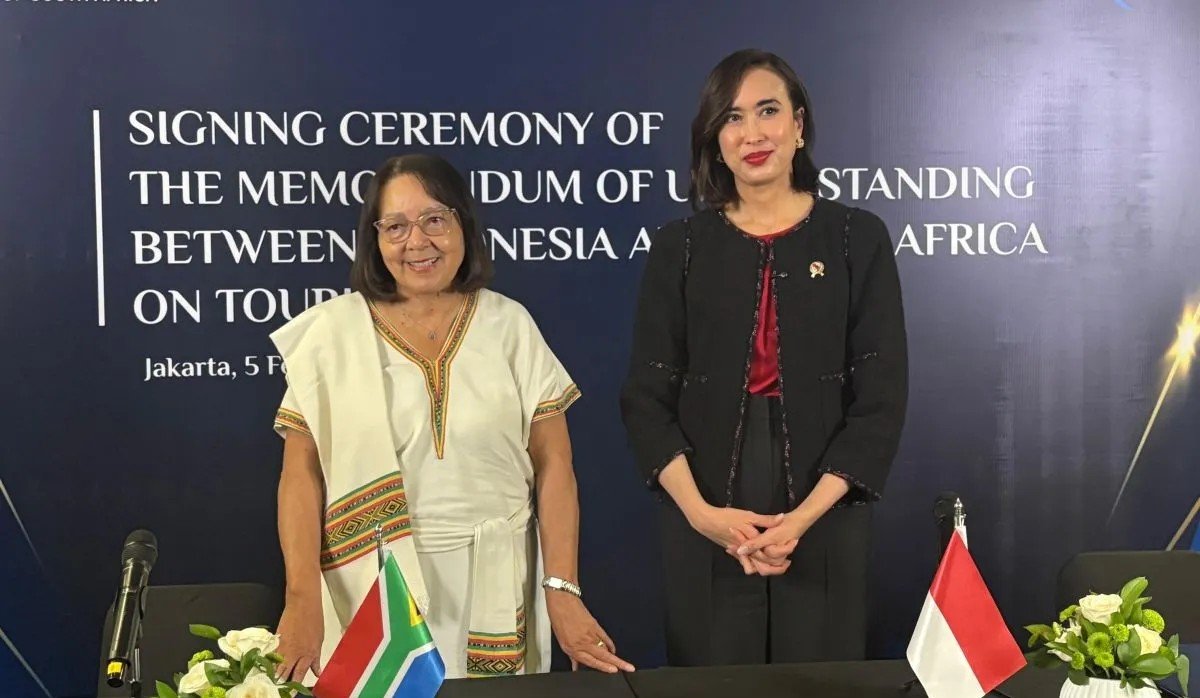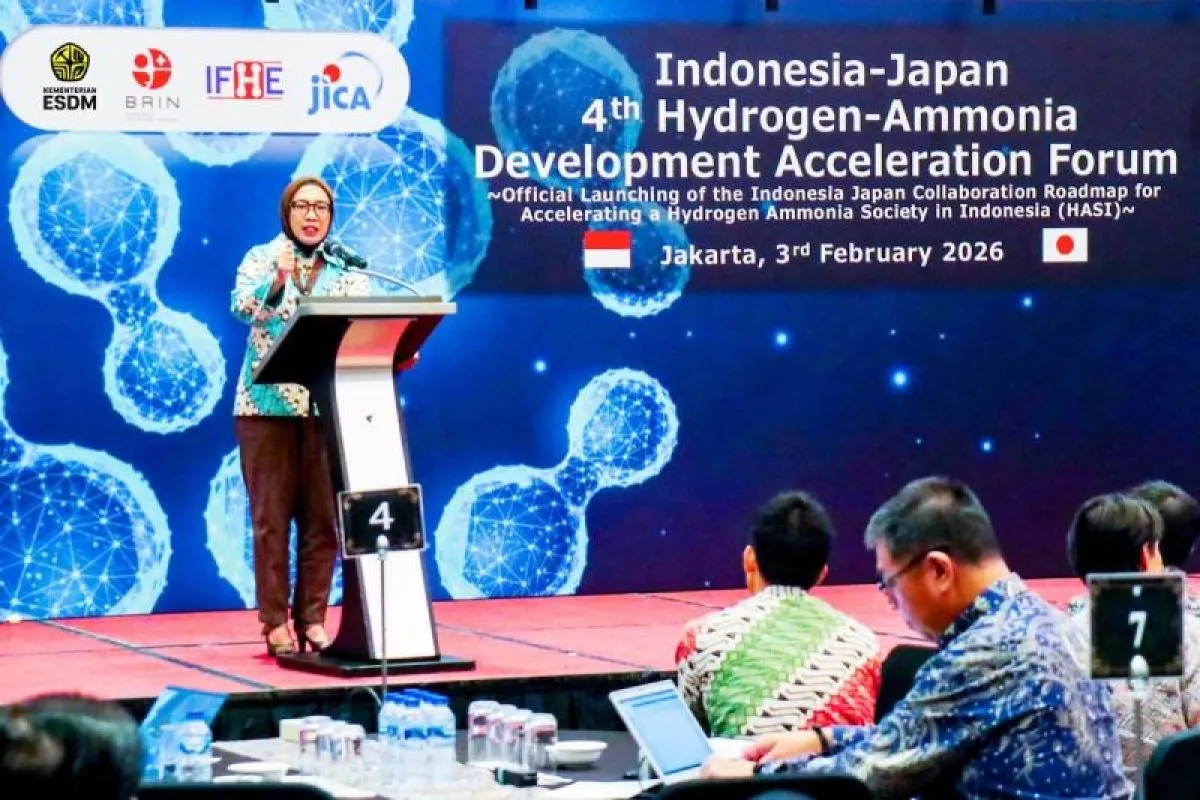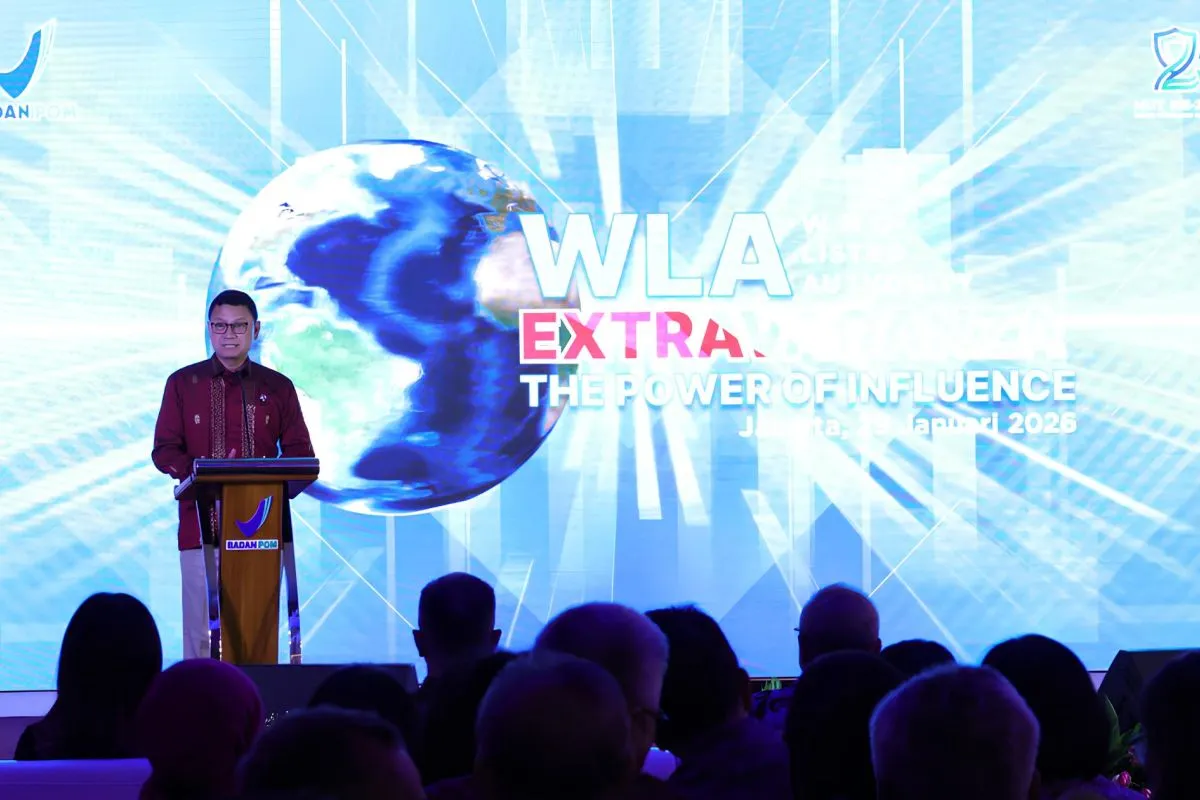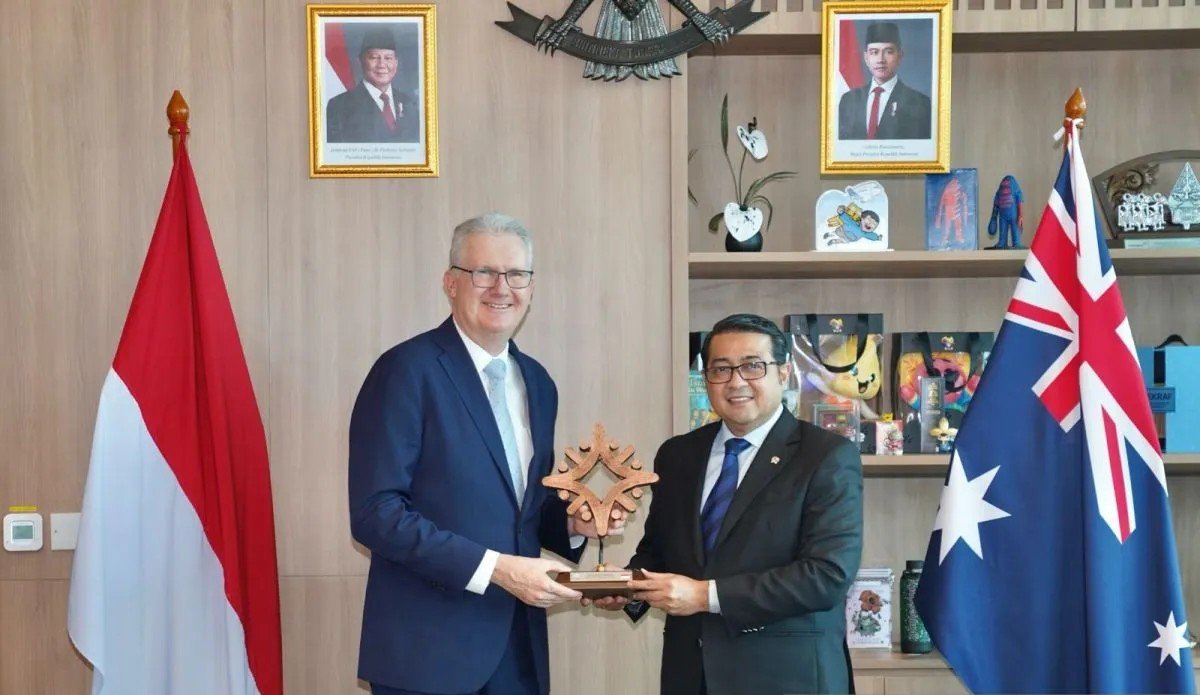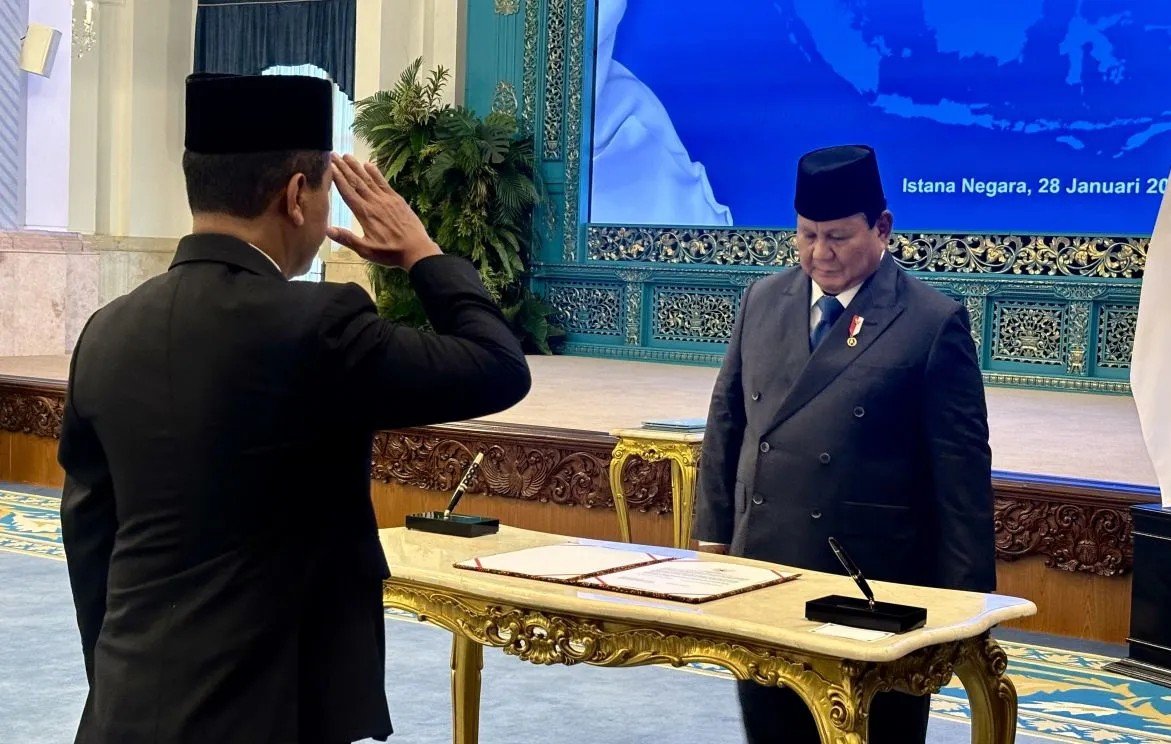Jakarta, September 12, 2025 — The Europe Today: The Ministry of Energy and Mineral Resources has reaffirmed that the government’s priority in developing the carbon capture and storage (CCS) industry is centered on reducing emissions while creating new investment opportunities.
“The government’s main priority is to ensure that this initiative not only contributes to emission reductions but also creates investment opportunities,” said Laode Sulaeman, Director General of Oil and Gas at the ministry, in an official statement on Thursday.
Sulaeman underlined the government’s commitment to encouraging innovation and supporting the sustainable growth of the CCS industry. He noted that Indonesia possesses significant geological potential and a favorable regulatory framework, positioning the country as a prospective CCS hub in Southeast Asia.
“Through collaboration with regional partners, Indonesia is committed to transforming this potential into concrete projects,” he added.
His remarks were delivered during the 5th Asia Carbon Capture, Utilization, and Storage (CCUS) Network (ACN) Forum, which took place in Jakarta from September 10–11. The international forum aimed to strengthen regional collaboration on CCUS technology as part of broader efforts to achieve net-zero emissions.
The event was jointly organized by the Economic Research Institute for ASEAN and East Asia (ERIA), Japan’s Ministry of Economy, Trade and Industry (METI), Indonesia’s Ministry of Energy and Mineral Resources, the Special Task Force for Upstream Oil and Gas Business Activities (SKK Migas), and the Indonesia Center of Excellence for CCS and CCUS.
ERIA President Tetsuya Watanabe emphasized the importance of robust regional cooperation in the development of the CCS industry.
“The 5th ACN Forum highlights cross-border cooperation in CCS and carbon recovery. These issues require an unprecedented level of collaboration, as no single country can achieve them alone,” he stated.
To this end, Watanabe stressed the need for harmonized regulations, infrastructure investment, and mutual trust among governments, industries, and societies.
He concluded that the Asia CCUS Network provides a vital platform for building such trust and turning shared vision into concrete action.
